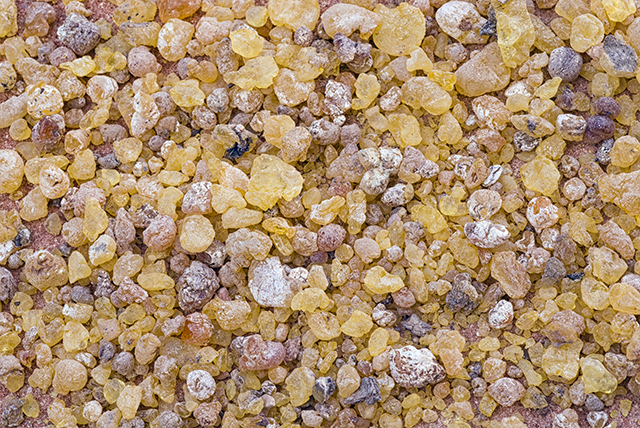Severe periodontitis associated with an increased risk of lung, colorectal, pancreatic cancers
09/14/2018 / By Earl Garcia

Having severe periodontal disease may increase the risk of developing certain types of cancer, according to a long-term study published in JNCI: Journal of the National Cancer Institute. Medical professionals explained that the condition, more commonly known as advanced gum disease, is usually caused by bacterial infection that damages the soft tissue and bone that support the teeth. Previous studies demonstrated a link between gum disease and cancer onset, but the mechanism behind the connection remained unclear.
A team of health experts led by epidemiologists at the Tufts University School of Medicine and the Johns Hopkins Bloomberg School of Public Health pooled data from the Atherosclerosis Risk in Communities (ARIC) study as part of the research. The cohort included up to 7,466 participants from various U.S. states — such as Maryland, Minnesota, Mississippi and North Carolina — who were followed up from the late 1990s until 2012. The cohort was composed of Caucasian and African-American participants.
The research team measured the probing depth and gingival recession at six sites on all teeth to determine the severity of periodontal disease in patients. Likewise, the experts used two-sided statistical tests to determine the patients’ cancer risk. The participants’ smoking history was also taken into account, given its link to periodontal disease onset. (Related: How gum disease affects your overall health: Bacteria from your mouth enters your blood, then contributes to diseases such as cancer.)
Severe periodontal disease elevates colorectal, lung cancer risk
The results showed that 1,648 patients developed cancer, while 547 died of the disease during a median follow-up of 14.7 years. Likewise, the study revealed that the overall cancer risk was 24 percent higher in patients with severe periodontal disease compared with those who had mild periodontal disease and otherwise healthy controls. The findings also showed that the risk rose to 28 percent in patients with no teeth. In addition, data from subgroup analysis found an 80 percent increased risk of colorectal cancer in patients who were edentulous at baseline.
Patients with severe periodontal disease were also twice as likely to develop lung cancer than those who had no/mild periodontitis. The research team added that the risk of lung cancer was more significant in patients who did not smoke. Moreover, the findings demonstrated that severe periodontal disease was associated with a slight increase in pancreatic cancer risk.
However, the scientists added that the overall risk of cancer was weaker or not apparent among black participants, except for lung and colorectal cancers. The research team also did not observe a correlation between severe periodontal disease and increased risk of breast, prostate or blood/lymphatic cancer. The scientists added that the findings highlight the importance of expanding dental insurance to more patients.
“When we looked at data for the people who had never smoked, we also found evidence that having severe periodontal disease was related to an increased risk of lung cancer and colorectal cancer. Knowing more about the risks that come about with periodontal disease might give more support to having dental insurance in the way that we should be offering health insurance to everyone,” researcher Elizabeth Platz told Science Daily online.
The researchers readily acknowledged the study’s limitations and noted that the findings might warrant further investigation.
“This is the largest study addressing the association of gum disease and cancer risk using dental examinations to measure gum disease prior to cancer diagnosis. Additional research is needed to evaluate if periodontal disease prevention and treatment could help alleviate the incidence of cancer and reduce the number of deaths due to certain types of cancer,” first author Dominique Michaud said.
Visit Research.news and be on the lookout for the latest news in cancer research.
Sources include:
Tagged Under: cancer, Colorectal Cancer, lung cancer, oral health, periodontal disease, tooth decay




















